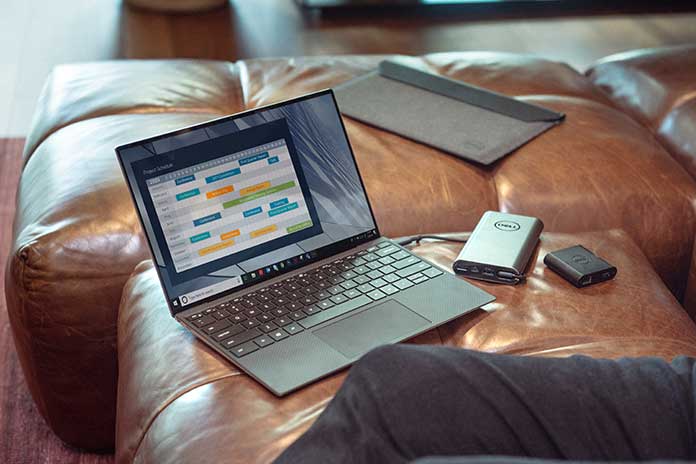Consistent digitization and automation ensure optimized procurement processes (purchase-to-pay) and relieves employees. When it comes to purchasing, companies deal with numerous suppliers and different types of suppliers. The problem: Everyone handles documents such as order confirmations differently. Automated ordering processes through software like Coupa can help here. The employees process order confirmations in various formats and sometimes transfer them manually to the ERP system.
Many factors have to be considered: Is the price right? Is the correct amount given? Is the delivery date correct? And for which order is the supplier’s confirmation missing? Manual data entry is time-consuming and costly. It is not uncommon for possible data entry errors to be a nuisance in business relationships with partners.
Digital Integration Of B And C Suppliers
A reliable flow of information in the ordering process is therefore essential for planning security in purchasing. To achieve this, the automation of ordering processes is necessary, even with smaller suppliers, because B and C suppliers, in particular, are usually not able to control their order processed via EDI (Electronic Data Interchange).
A lack of technical possibilities, low order volumes, or a lack of economical solutions that are accepted by the supplier for this type of supplier means that order confirmations are either not sent at all or end up in the email inbox with a “We are as a result of this confirming…” message. The manual follow-up of this type of feedback inevitably leads to time-consuming and costly work in operational purchasing.
Flexible Automation Via A Cloud Platform
Cloud communication platforms offer companies valuable support in automating their purchasing processes. When choosing a digital solution for procurement processes, companies should make sure, among other things, that all of their suppliers, regardless of their technical capabilities, can be consolidated on one platform.
Orders, order confirmations, dispatch notifications, and invoices should be exchanged automatically and processed further directly in the ERP system without manual entry effort. Ideally, companies can use automated monitoring to keep an eye on their processes and the processing status of their orders at all times. To be on the safe side in terms of data protection, legal requirements, and compliance, the solution should simultaneously support all common industry-specific standards, and data processing should take place in local data centers in compliance with data protection regulations.
Clever Solutions For Automated Ordering Processes Also for smaller suppliers
For small suppliers who are not EDI-capable, modern cloud service providers also offer unique solutions to which suppliers can be connected with little effort. This includes the option of confirming, rejecting, or editing the order with a click of the mouse without having to log into a portal. The content and language of the order email can be set individually for each recipient so that suppliers abroad can also be connected to the automated ordering process.
Static attachments, such as quality guidelines or terms and conditions, can also be added to the order email with little effort. The supplier’s feedback is sent as an EDI message and transferred to the ERP system standardized. Further automated processing takes place there. With automated monitoring, clients always have control over the timely response of their suppliers.
With the help of clever EDI communication solutions, any number of suppliers can be easily connected regardless of size or type. Companies can achieve shorter response times in operational purchasing, automate their monitoring more effectively, and significantly reduce the time and costs for manual entries.


